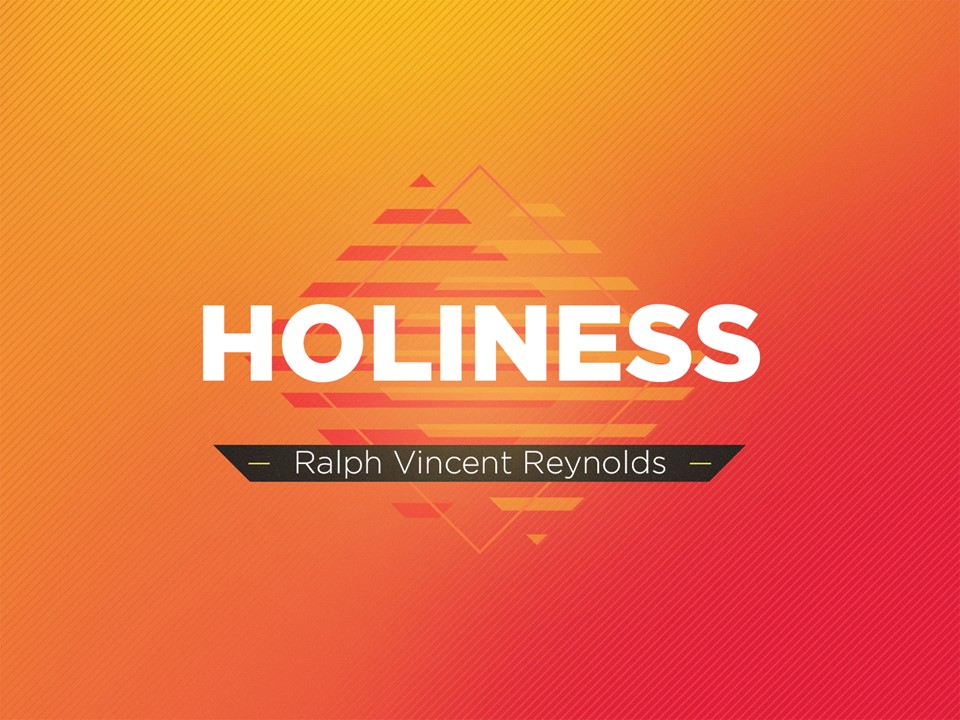by Ralph Vincent Reynolds
To View the Entire Article, Click Here
To Download the Entire Article, Click Here
To View the Outline, Click Here
To View the PowerPoint, Click Here
Lesson One – Sanctification
- SANCTIFICATION:
1 Thessalonians 4:3 “For this is the will of God, even your sanctification that ye should abstain from fornication.”
Sanctification means separation from evil and dedication to God and His service. The Scriptures make clear that Sanctification has to do with the turning away from all that is sinful and defiling to both soul and body. However it means not only a separation from, but also a separation unto. In order to be sanctified a person must be separated from sin but also be separated unto holiness. Whatever is set apart from a profane to a sacred use, whatever is devoted exclusively to the service of God is sanctified.
References: 2 Chron. 29:5, 15-18 Exodus 19:20-22 Lev. 27:14-16 Numbers 8:17 Ezekiel 36:23 Hebrews 9: 3
- PAST, PRESENT, AND FUTURE:
Sanctification may be viewed as past, present, and future, or we may speak of INSTANTANEOUS, PROGRESSIVE, AND COMPLETE SANCTIFICATION.
Corinthians 6:11 “And such were some of you: but ye are wash but ye are sanctified, put ye are justified the name of the Lord Jesus and by the Spirit of our God.
Hebrews 10:14 “For by one offering he hath perfected forever them that are sanctified.
In these scripture- we read of sanctification as being, already in the past. Notice that in the first of these Scriptures Paul names sanctification before justification. Therefore there is a definite work of sanctification that takes place early in the experience of salvation. Some folk canonize people after they are dead, but the New Testament canonizes them while they are living. Every true believer is a saint and set apart (sanctified) for the service God; otherwise he is not a Christian.
- PROGRESSIVE SANCTIFICATION:
Justification differs from sanctification in this manner: The former is an instantaneous act with no progression; while the latter is a crisis (decisive point) with a view to a process, an act which is instantaneous and at the same time carries with it the idea of growth unto completion.
2 Peter 3:18 “Grow in grace, and in the knowledge of our Lord and Saviour Jesus Christ.”
2 Corinthians 3:18 “But we…are changed into the same image from glory to glory, even as by the Spirit of our God.”
The tense of the verb is interesting here. We are being changed from one degree of character, or glory, to another. Sanctification being progressive we are exhorted to:
(i) Increase and abound in love (1 Thessalonians 3:12).
(ii) Increase more and more (1 Thessalonians 4:10).
(iii) Perfect holiness in the fear of God (2 Corinthians 7:1).
- HOW ARE WE SANCTIFIED?
Both God and man contribute and cooperate towards the desired end. We must turn from sin and dedicate ourselves to God but it is actually God Himself that does the sanctifying. It is like a cold man bringing himself to the fire to be warmed.
Ephesians 5:25-26 “. . Christ also loved the church, and gave himself for it; That he might sanctify and cleanse it… ”
Hebrews 10:10 “By the which will we are sanctified through the offering of the body of Jesus Christ once for all.”
To View the Entire Article, Click Here
To Download the Entire Article, Outline, or PowerPoint, Click Here






